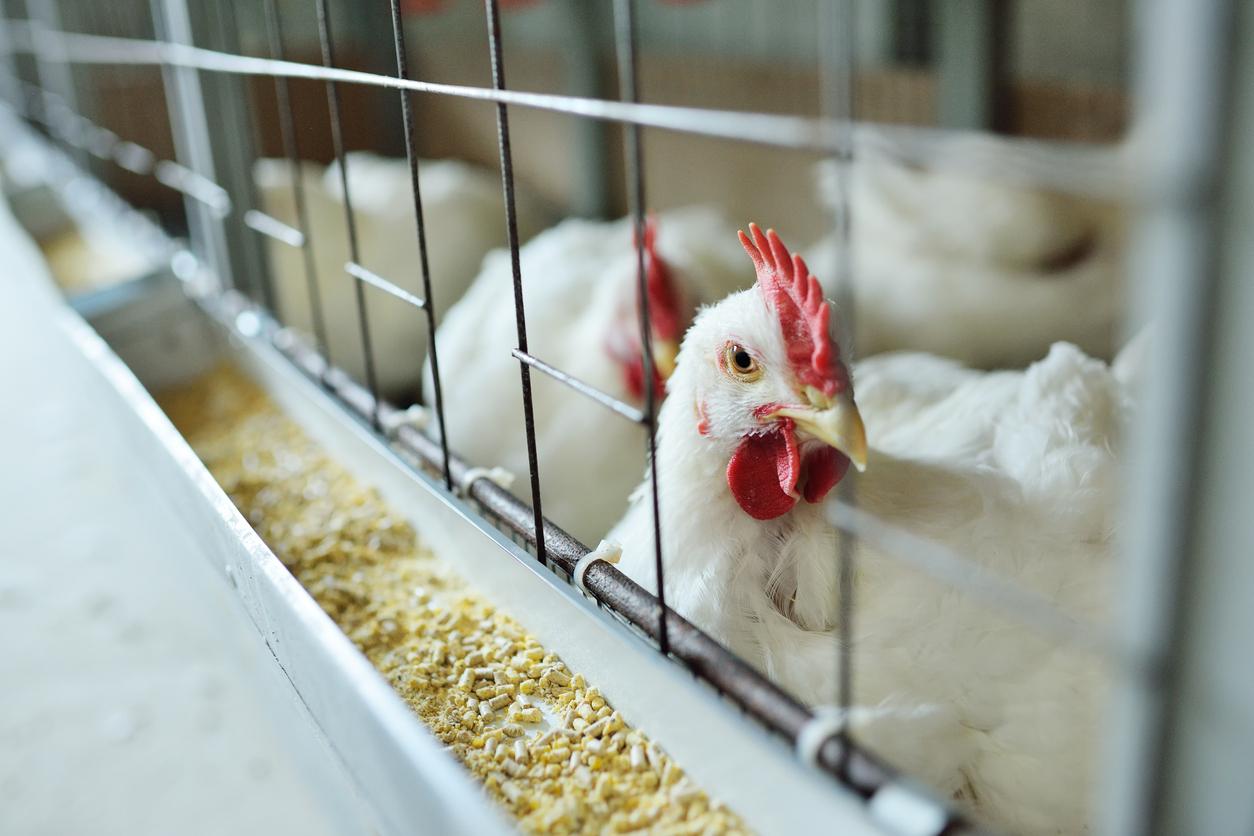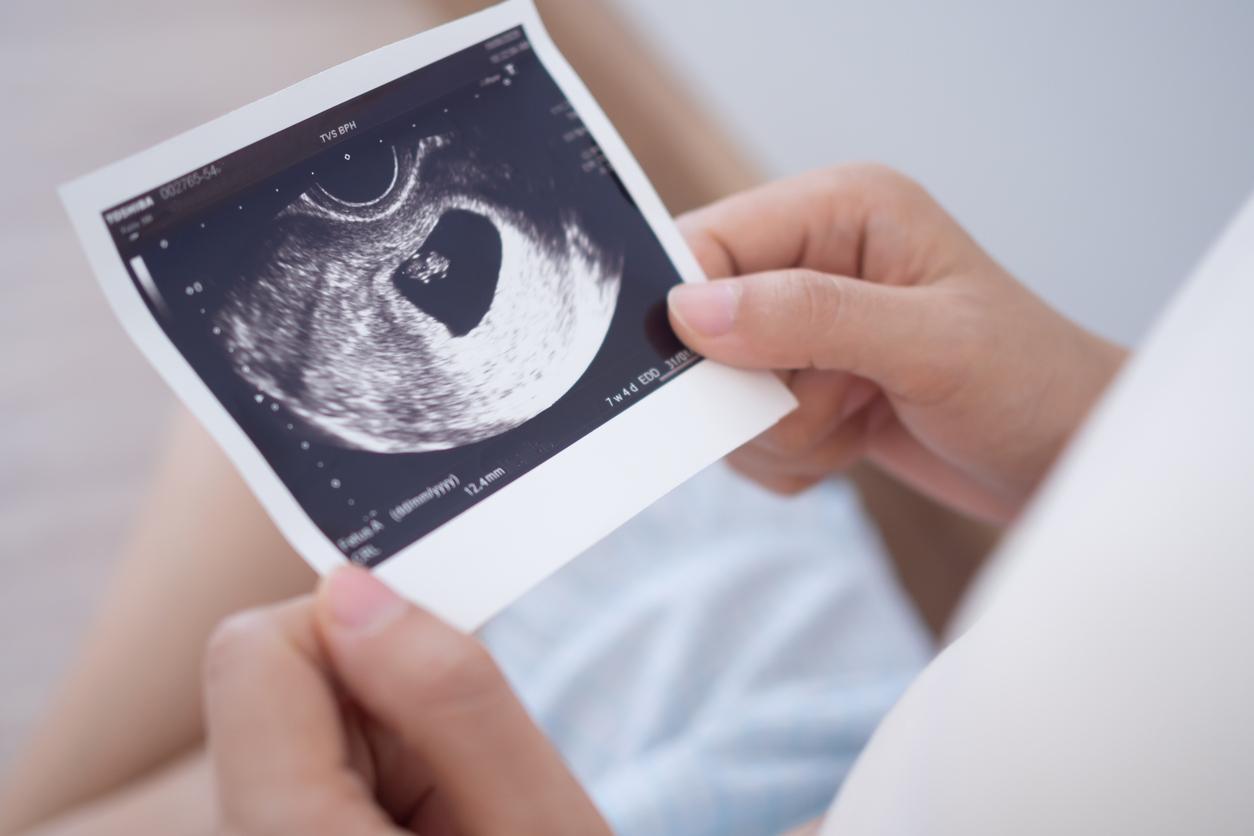XBB.1.5., now nicknamed “the Kraken” by scientists is the result of two BA.2 variants of Omicron.
According to the WHO, this grandson of Omicron is the “most transmissible subvariant detected so far“.
Initially identified in Singapore, it is rapidly spreading to the United States and was detected on January 6 in South Africa.
Remember, it was also from South Africa that the wave started Omicron in 2021, before reaching Europe and the United States. So can this new sub-variant of Omicron generate a new wave? For now, scientists are reassuring.
Thus, Tulio de Oliveira, the South African virologist famous for having alerted the scientific community to the appearance of Beta and Omicron variants, said on Twitter on January 7 do not expect “a big wave of contamination”, due, according to him, to a “strong immunity of the population”. Furthermore, none “increase in the number of cases, hospitalizations or deaths” has not been observed at this stage.
In spite of XBB.1.5 from USA & explosive wave in China. I do NOT expect a big wave of infections with hospitalization in SA due to high pop. immunity & previous waves of Omicron lineages. XBB.1.5 is still Omicron & anyone worried should get a booster. https://t.co/4ox1h75XXD
— Tulio de Oliveira (@Tuliodna) January 7, 2023
What do we know about XBB.1.5?
XBB.1.5 is present in around thirty countries, particularly in Europe and in the USA where it is on the way to becoming dominant.
This variant is “descended from a combination of two sub-lineages of Omicron”, had recently explained the epidemiologist Antoine Flahault, in an interview with the Dépêche du Midi. He introduces five characteristic mutations Who “allow the sub-variants that have it to further circumvent acquired immunity to counter the attachment of the virus to our cells”, he continues. In other words, it means that XBB could infect our organism more easily and would be “one of the known variants of SARS-CoV-2 that best manages to escape acquired or vaccine immunity”according to the epidemiologist.
Could this new variant be resistant to vaccination? Despite their concern, the researchers remain confident because there is currently no evidence indicating the seriousness of this new variant. “Cell-mediated immunity – the one that allows our body to fight against severe forms of Covid – is not, to our knowledge, circumvented by these new variants (…) Vaccines, mono and bivalent, should therefore continue to protect us effectively against the risks of hospitalization and death linked to Covid..
According to the WHO, data show that XBB would not cause a more severe infection. In addition, a booster dose with a bivalent vaccine would notably make it possible to produce neutralizing antibodies.
What progression of XBB.1.5 in the United States?
As always with the Covid, nothing is simple. In the United States, XBB.1.5 quickly supplanted BQ.1.1 (the currently dominant variant in France). “This is the first time that a recombinant has taken up so much space in a Western country”, notes with Le Parisien (January 3), Samuel Alizon, research director at the CNRS and specialist in evolutionary biology.
In December 2022, the proportion of new Covid-19 infections due to XBB.1.5 increased from 4% to 18%, according to a press release dated January 6 from the United States Centers for Disease Control and Prevention, and is expected to increase further. In some parts of the country, it constitutes more than half of all new infections.
This subvariant emerged in New York State. It now accounts for almost half of the confirmed cases of Covid there. According to a CDC specialist, Dr Barbara Mahon, interviewed by CBS Newsthis strain could become dominant in the northeast of the country and spread to other regions.
The XBB, a threat in France?
In France, it is the BQ.1.1 which continues to progress at a stable speed: according to Public Health Franceit accounted for 70% of footage (Flash survey data as of December 12).
XBB.1.5 is circulating in France, but at a “very low” level, commented Justine Schaeffer, expert at Public Health France, during a press briefing on Friday January 6, before specifying that it is “too early at this stage to predict its evolution. According to the latest variant analysis published by SPF, it remains at low levels (less than 1%).
Should we be worried about this new variant?
There are three key questions to ask when a variant emerges: is it more contagious? Does it cause more serious illness? Does he escape immunity?
XBB.1.5 strain is more transmissible. Incidentally, this is a trend seen throughout the coronavirus pandemic – new, even more transmissible strains are replacing their predecessors and becoming dominant.
“The good news is that, so far, this strain does not appear to cause more severe disease. Like other Omicron descendants, it probably causes milder disease compared to the Delta variants that preceded Omicron.” reassures Dr. Leana Wen, CNN medical analyst, emergency physician, public health expert, and professor of health policy and management at George Washington University Milken Institute School of Public Health at CNN.
As it concerns immune escape, the studies are contradictory. Johns Hopkins University virologist Andrew Pekosz told CNBC that XBB.1.5 appeared to be highly evasive of the immune system as it possesses an additional mutation that allows it to better bind to cells. “The virus needs to bind tightly to cells to be more efficient at penetrating and that might help the virus be a bit more efficient at infecting people.”
In addition, according to a recent study published in the journal Cell, the BQ.1.1, XBB and XBB.1 strains are the most resistant to date and “pose serious threats to existing Covid vaccines, including recently marketed bivalents against BA.4 and BA. 5”.
The White House Covid-19 Response Coordinator, Dr. Ashish Jha, however, said on January 13: “The data suggests that if you have been vaccinated, if you have received this updated bivalent booster, you will still have good protection.”
So what to infer? According to Dr. Leana Wen, “Even if these vaccines do not turn out to be as resistant to infection with XBB.1.5, they will likely protect well against serious disease – underscoring the need for people to receive the updated booster if they are eligible.”
Rising recall rates, especially among the elderly, will help mitigate the rise in hospitalizations. In the United States, as in France, it is however a major problem: only about a third of Americans aged 65 and over have received the updated bivalent booster.
Sources:
- CDC tracking rise of new XBB.1.5 COVID variant, already more than 40% of US cases, CBS News, December 30, 2022.
- Highly immune evasive omicron XBB.1.5 variant is quickly becoming dominant in US as it doubles weekly, CNBS, December 30, 2022.
- Public Health France
















